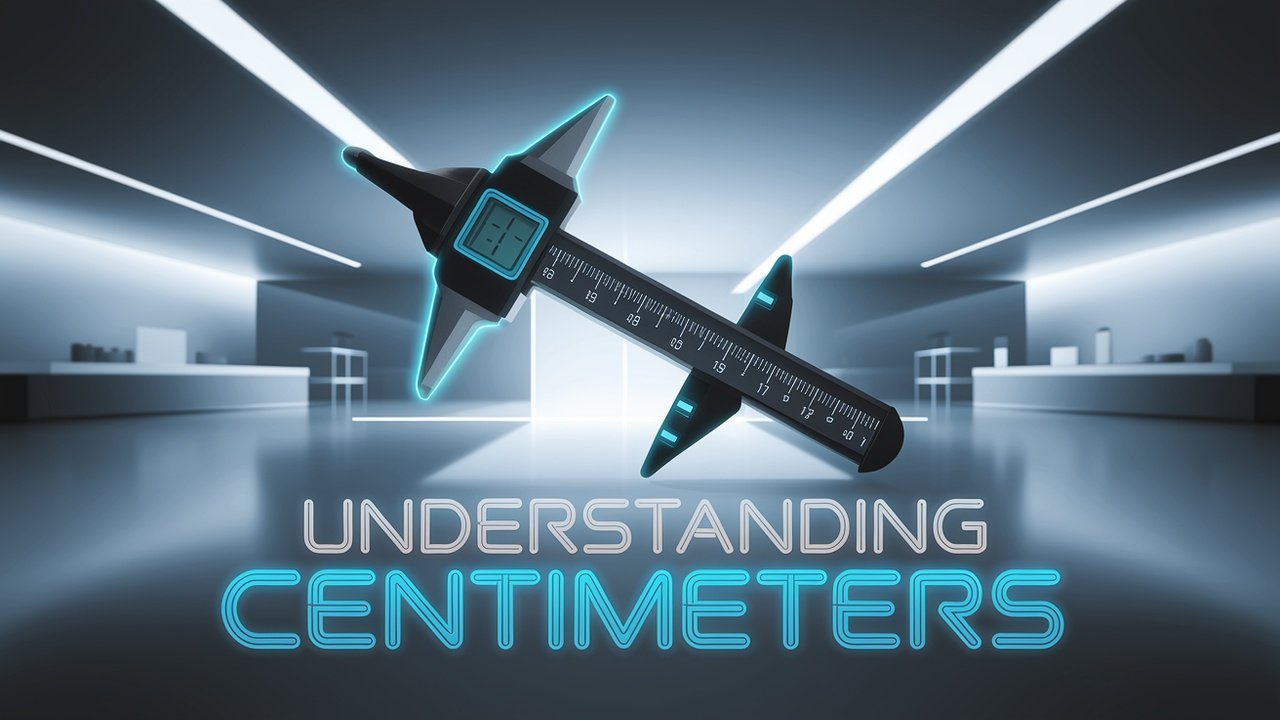Say It in Three: The Power and Popularity of 3 Word Song Titles

Introduction
In the world of music, a song’s title can be just as 3 Word Song impactful as its melody or lyrics. It’s the hook that captures attention, the phrase that listeners type into search bars, and sometimes, the very essence of what the artist wants to convey. Among the vast variety of song title formats, 3 word song titles have emerged as a sweet spot—short enough to be memorable, yet long enough to offer depth, rhythm, and intrigue.
Whether it’s a heartfelt ballad like Let Her Go, an anthem like Shut Up and Dance, or a cultural landmark like Lose Yourself Tonight, three-word titles are everywhere. They span every genre, every decade, and every emotion. But why are they so effective? What makes this specific format resonate with artists and audiences alike?
This article explores the enduring popularity of 3 word song titles—examining their structure, psychological impact, historical significance, and some of the most iconic examples across genres. We’ll also dive into what makes a great three-word title, how it’s used in branding and marketing, and even provide a list of modern tracks that use the format to great success.
Chapter 1: Why Three Words Work
Before diving into specific examples, it helps to understand the appeal of a three-word structure.
1.1 The Rule of Three
Psychologically, people tend to process information more easily in threes. The “Rule of Three” is a principle found in storytelling, speeches, comedy, and marketing because:
- Three elements are easy to remember.
- They create a natural rhythm and balance.
- They feel complete and satisfied.
Think of phrases like “I love you,” “Just do it,” or “Let it go.” They stick. Similarly, 3-word song titles pack emotion and storytelling into a compact and rhythmic phrase.
1.2 Balance of Brevity and Depth
- One-word titles (e.g., Halo, Imagine) are catchy but can lack context.
- Two-word titles (e.g., Teen Spirit, Hello Goodbye) add a little more nuance.
- Three-word titles, however, hit the sweet spot—conveying enough to evoke curiosity and emotion without overwhelming.
Chapter 2: Iconic 3-Word Song Titles Through the Decades
Let’s take a journey through time to highlight some of the most memorable 3 word song titles from past to present.
2.1 The 1960s–1980s
- “Twist and Shout” – The Beatles (1963): An energizing title that encapsulates the youthful spirit of the era.
- “I Feel Good” – James Brown (1965): A joyous anthem with emotional simplicity.
- “Stop the Rain” – Creedence Clearwater Revival (1970): Subtle and metaphorical.
- “Tears in Heaven” – Eric Clapton (1992): Deeply emotional and instantly memorable.
2.2 The 1990s–2000s
- “Say My Name” – Destiny’s Child (1999): Iconic in both sound and structure.
- “Let It Go” – Idina Menzel (from Frozen, 2013): Became a cultural phenomenon.
- “Hit Me Baby” – Britney Spears (1999): Edgy and unforgettable.
2.3 The 2010s–2020s
- “Shut Up and Dance” – Walk the Moon (2014): Upbeat and direct.
- “Lose You Tonight” – Kygo (2020): Emotional, simple, and powerful.
- “Call Me Maybe” – Carly Rae Jepsen (2011): A catchy pop classic.
Chapter 3: Genres That Embrace 3-Word Song Titles

Some music genres naturally gravitate toward this format due to the emotional or narrative punch it offers.
3.1 Pop
Pop thrives on catchy, relatable themes. Three-word titles like Love Me Like, Let Me Love, and Call Me Maybe strike the perfect balance between intrigue and accessibility.
3.2 Rock
From Paint It Black by the Rolling Stones to Run To You by Bryan Adams, three-word rock titles often carry intensity and urgency.
3.3 R&B / Soul
Three-word titles like Let’s Stay Together and Ain’t No Sunshine offer a smooth blend of emotional depth and melodic cadence.
3.4 Hip Hop
Hip hop artists often use 3 word titles as statements or commands—Lose Yourself Now, Live Your Life, Started From Bottom—delivering narratives and punchlines all at once.
Chapter 4: Anatomy of a Great 3-Word Song Title
Not all three-word titles are created equal. What separates the iconic from the forgettable?
4.1 Rhythm and Flow
Titles often follow a rhythmic pattern:
- Verb + Pronoun + Object (e.g., Let Her Go)
- Command Statements (e.g., Shut It Down)
- Emotive Phrases (e.g., I Miss You)
A smooth, rhythmic flow often enhances both title recall and lyrical integration.
4.2 Emotional Resonance
The best titles connect instantly with the listener’s emotions:
- Love (Need You Now)
- Loss (Tears in Heaven)
- Hope (Don’t Stop Believin’)
- Anger (Break Your Heart)
4.3 Universality
A great title appeals to broad experiences or universal themes—romance, heartbreak, growth, and resilience.
Chapter 5: Marketing and Branding with 3-Word Song Titles

Beyond creativity, 3 word song titles offer marketing advantages.
5.1 Searchability
In a digital world where SEO (Search Engine Optimization) matters, three distinct yet relevant words help songs stand out in Google, YouTube, and Spotify searches.
5.2 Hashtag Potential
Social media trends often adopt song titles as hashtags. A well-crafted 3-word title like Kill This Love or Don’t Start Now is short enough to trend yet distinctive enough to stay memorable.
5.3 Merchandising
From T-shirts to posters, a strong 3 word song title can become a visual brand. Think of Let It Be on Beatles merchandise or Shake It Off on Taylor Swift gear.
Chapter 6: Modern Hits with 3-Word Song Titles
Here are some popular modern tracks that continue the tradition:
| Song Title | Artist | Year |
|---|---|---|
| Let Me Down | Jorja Smith | 2018 |
| Hold On Tight | Electric Light Orchestra | 1981 |
| Save Your Tears | The Weeknd | 2020 |
| Kill This Love | BLACKPINK | 2019 |
| Lose Your Love | Dirty Projectors | 2020 |
| Feel This Moment | Pitbull ft. Christina Aguilera | 2013 |
These tracks highlight how artists across genres continue to use three-word titles to make bold statements or emotional appeals.
Chapter 7: Creating Your Own 3-Word Song Title
For aspiring songwriters, crafting a powerful title is half the battle. Here are some tips:
7.1 Start with the Chorus
Oftentimes, the most repeated line of the chorus makes a great title.
7.2 Use Active Language
Verbs create motion and emotion—e.g., Take Me Home, Find Your Way.
7.3 Keep It Vague (But Not Too Vague)
You want a title that invites curiosity but still offers a hint about the song’s message. Something like After the Fall might spark more interest than Sad Love Song.
7.4 Use Alliteration or Rhyme
These make your title easier to remember: Bad Blood Beats, Finders Fee First.
Conclusion: Three Words to Rule Them All
Whether you’re a fan of pop, hip-hop, rock, or indie, chances are you’ve fallen in love with a song whose title consists of just three simple words. There’s something almost magical about 3-word song titles—how they distill complex feelings into a short phrase, how they lodge themselves into your memory, how they set the tone before the first note even plays.
As we continue to consume music in bite-sized forms—through TikTok, playlists, and snippets—the power of a concise and compelling title grows ever stronger. Three-word titles are not just trendy; they’re timeless. They are emotional, marketable, lyrical, and memorable—everything a great song needs to begin its journey into the hearts of millions.
So next time you’re listening to a new hit or writing your lyrics, remember: sometimes, all it takes are three little words.





